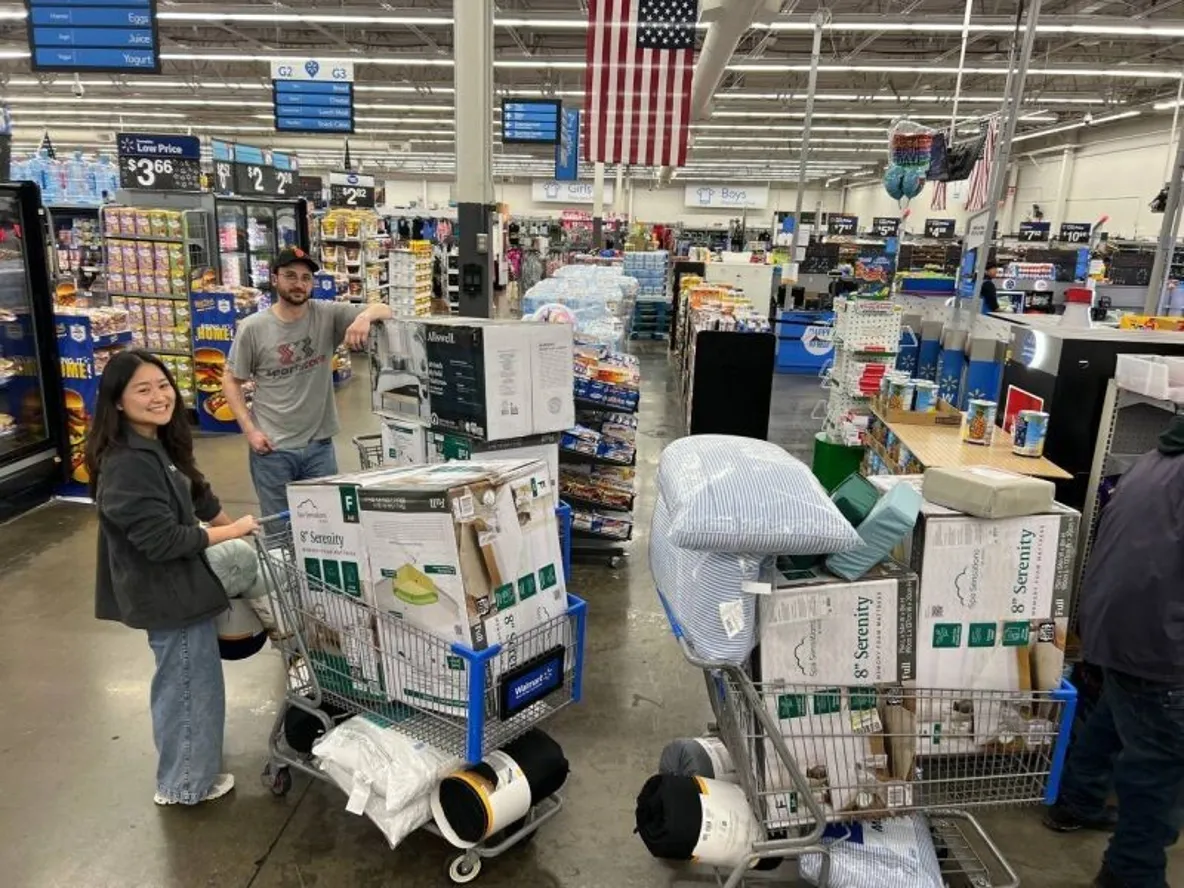Buying mattresses for office sleepovers: San Francisco AI startups are switching to the Chinese '996' schedule due to the pace of neural network development.
This is a 9:00 AM to 9:00 PM schedule, six days a week, which the Supreme Court of China banned in 2021.

- Index Ventures partner Martin Mignot was one of the first to notice in the spring of 2025 that the 72-hour work week had 'quietly become the norm' in Silicon Valley. The founders and executives he spoke with tell candidates upfront that they will have to work a '996' schedule, adding: 'If you have hobbies that will get in the way, you are not a good fit for us.'
- They explain that 'you can't let productivity drop at this pace' of neural network development, so as not to miss out on 'huge opportunities.'
- Job postings for startups integrating neural networks into their products specify a schedule from Monday to Saturday or irregular hours—every day if necessary. The company Corgi, which automates insurance services, gifts new employees mattresses to sleep in the office. 'We work seven days a week and sometimes stay late,' writes its head of development, Josh Jung.
- LifeX Ventures partner and founder of another insurance startup, CoverWallet, Iñaki Berenguer told Quartz that when the company started in 2016, only directors and a 'small circle of senior employees' might work on Sundays. Now, in 'many' AI startups in San Francisco, Sunday is a mandatory day for meetings and strategy discussions 'for all employees.'
- Corporate bank card provider Ramp reported a rise in transactions for delivery and takeout food on Saturdays from January to August 2025, compared to the same periods in 2024 and 2023. According to the company, the 'surge' indirectly confirms that employees have started working from offices six days a week. However, the provided charts show only a minor increase of a fraction of a percent.

- Berenguer believes the reason is the 'hyper-competitive' environment where dozens of startups are developing 'almost identical products.' The only advantage becomes speed and, as a consequence, a grueling schedule.
- Meanwhile, easing employees' work with AI agents is expensive or technically difficult. As an MIT study from August 2025 showed, 95% of the companies in the sample failed to improve their financial results after implementing AI assistants.
- Another factor is the reduction of jobs for junior specialists. According to data from the job search service Indeed for July 2025, the number of junior positions in the tech industry decreased by 36% from 2020 to 2025. Since 2024, the unemployment rate among young professionals (under 24) in this sector has risen by 7%.
- Due to the smaller number of available vacancies, employees may agree to an irregular workday, writes Quartz.